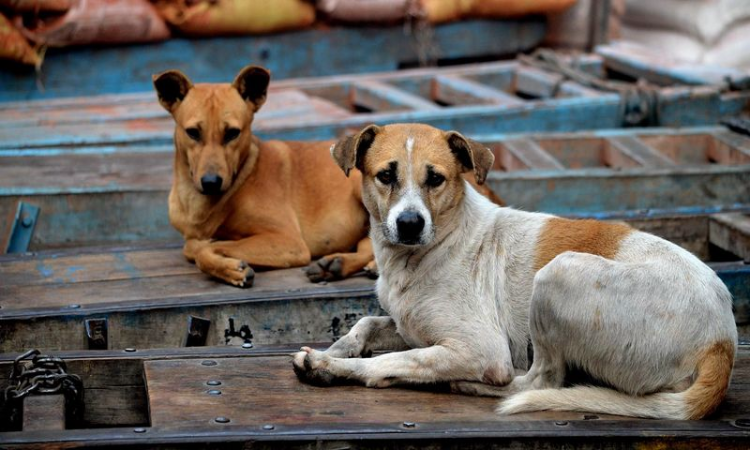Madras High Court Raps Chennai Corporation Over Dog Menace; Invites Suggestions For Solutions
Sebin James
11 Dec 2021 9:50 PM IST

"Enclosure or otherwise, dogs are dying on the streets every day. Municipal Corporation has been an absolute failure in taking care of these dogs and treating them", the court orally remarked.
Next Story


